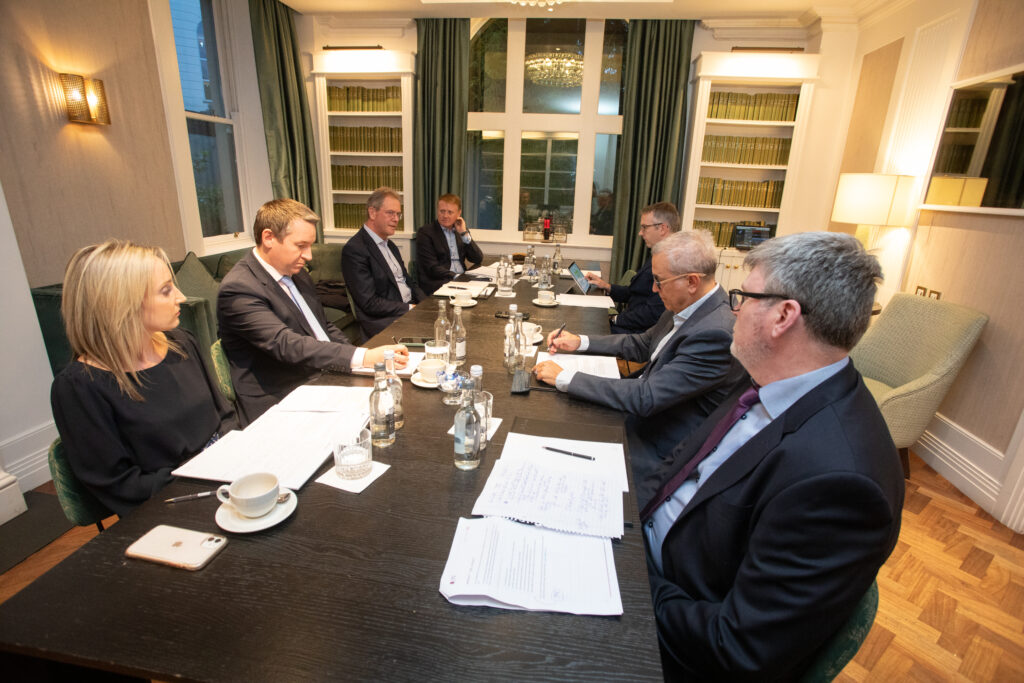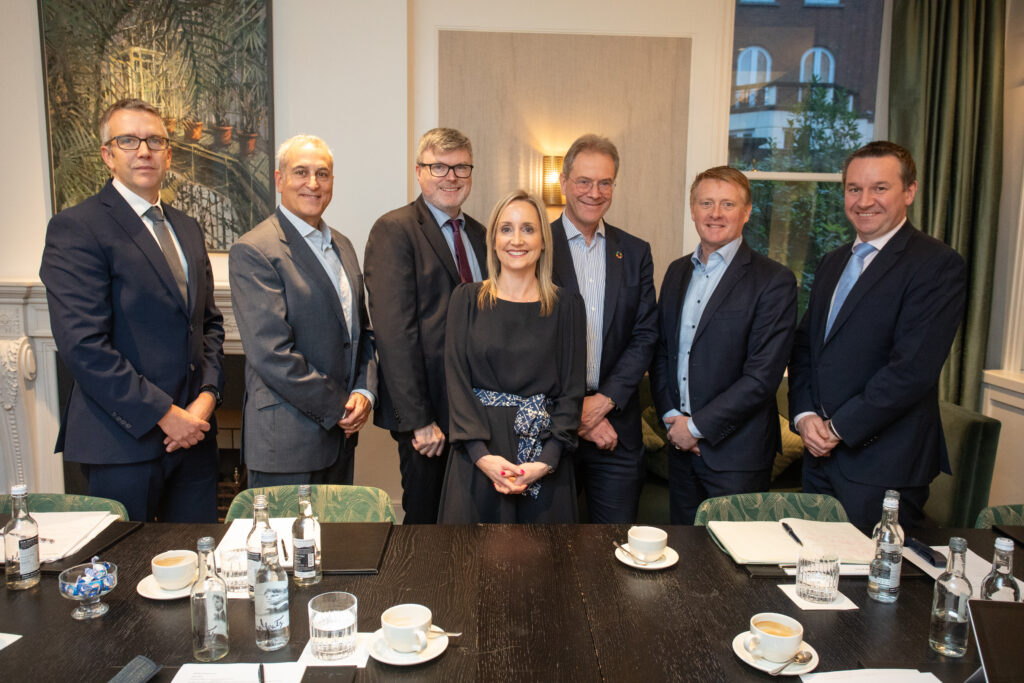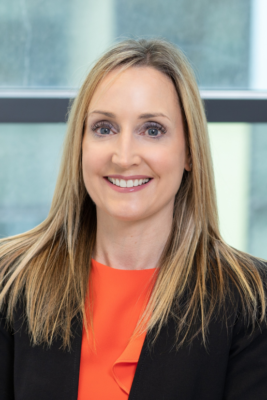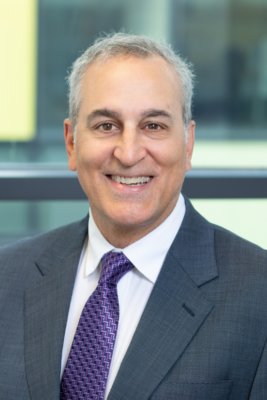Following the successful roundtable discussion on the Alternative Investment Fund Managers Directive (AIFMD) in London, JTC Group hosted another event in Ireland for industry leaders to discuss the regulation’s impact.
But what were the main talking points?
AIFMD: The basics
Now into its tenth year, AIFMD was initially designed to promote better cross-border harmonisation and market efficiency within the EU, while at the same time protecting investors in funds.
Among its provisions included a requirement that asset managers marketing into the EU appoint an independent depositary, subject to strict liability. Depositaries’ responsibilities included checking that assets are being properly safekept in custody, monitoring cash flows going in and out of the fund, overseeing service providers and ensuring that managers comply with their mandates.
Proposals for a pan-EU depositary passport – a set-up that would enable providers to offer cross-border depositary services – have largely fizzled out though.
Additionally, managers must also submit a regulatory report – Annex IV – to EU regulators, containing detailed information about their businesses, investments and risks (i.e. instruments traded, the nature of their investment strategies, a geographical breakdown of their investments, the investors in their funds, risk management processes, and leverage data, etc.).
So how have these changes shaped the funds industry over the last decade?

A safer market?
The depositary and reporting obligations have certainly made the funds industry safer for investors.
As an investor safeguarding mechanism, independent depositary services act as an effective check on fund managers’ behaviour. “While the costs to entry are a lot higher nowadays, there have not been many Weaverings or Madoffs since AIFMD came into force,” said Jon Masters, Head of Business Development, at INDOS Financial.
The added reporting requirements have also had a positive effect, both on investor protection and market integrity. By having access to fund managers’ investment and risk data through Annex IV, regulators should be able to spot systemic risks earlier, a point made by Fionan Breathnach, a non-executive director in Ireland.
Not everyone agrees though. Some note that EU regulators are having difficulty analysing Annex IV reports, and it is not clear how they are being used.
However, master’s said advances in artificial intelligence (AI) could potentially solve this problem.
The changes to the AIFMD following the 2008 financial crisis have helped to both formalise and institutionalise the wide array of skills and expertise that existed in the industry. Whereas before 2008/9, the bulk of the investments going into alternatives were sourced primarily from high net worths and family offices, nowadays large pension funds, insurance companies and sovereign wealth funds account for the majority of the flows.
“From an investor confidence perspective, AIFMD has been positive, as allocators like the fact that their managers are subject to robust regulation and scrutiny. The growth of AuM (assets under management) is testament to this,” said Orla Philippon, CEO of JTC Global AIFM Solutions (Ireland).
This is echoed by Shane Geraghty, Partner at K&L Gates. “Although the compliance costs of implementing AIFMD were sizeable, there is now €19.8 trillion invested in AIFs and UCITS – versus €9.5 trillion in 2012,” he continued.[1]
ManCos come under the spotlight
Under AIFMD, asset managers selling products into the EU can outsource certain portfolio and risk management functions to onshore Management Companies, otherwise known as ManCos. This arrangement allows non-EU managers to sell funds into the EU without having to invest into bricks and mortar in say, Dublin or Luxembourg.
Although ManCos are a widely used and cost-effective solution, the Central Bank of Ireland (CBI) has expressed trepidation about some aspects of the model.
Syl O’Byrne, a non-executive director in Ireland, said regulators are becoming increasingly worried about the growing concentration risk at ManCos in the country. In a letter penned in 2022, the CBI said there are now 148 fund management companies (FMCs) in Ireland, a significant drop from 2019, when there were 358, despite there being a notable increase in AuM.
The CBI added FMCs providing services to third party funds currently have circa €540 billion in AuM.[2]
This is partly because more UK (and US) asset managers are now turning to the delegation model and appointing third party ManCos based in Ireland, so that they can access investors in the EU post-Brexit.
The panel heard there are growing concerns that some ManCos are not adequately pricing the risks they incur into their fees. “ManCos have assumed a lot of risk, but the fees do not reflect that risk. If there is a major issue, and a pay-out is required, then there may not be sufficient margin at many of these companies to pay out. This is a fundamental problem and arguably a systemic one,” said O’Byrne.
The CBI – together with other EU regulators – are also scrutinising whether people working at ManCos have the right qualifications and expertise. Speakers during the roundtable agreed that it was vital for ManCos to employ individuals, who have extensive knowledge about how the funds industry works. Setting up and running an AIFM/management company is very expensive in terms of the risk assumed and the seniority and expertise of the required individuals to carry out Designated Person roles.
JTC ‘s Irish AIFM solution focusses on what we call specialty asset classes. Our strategy is to grow these asset classes, namely FI, Equities, PE, RE and Life Settlements and have hired the requisite expertise in this area.
Marketing continues to be a muddle
AIFMD was designed to harmonise how managers market and distribute their funds into the EU, but this has not turned out to be the case in practice.
Initially, non-EU managers were promised they would be able to passport their funds seamlessly on a cross-border basis to EU investors, but this never came to fruition, partly due to Brexit. “I think people have largely accepted that the pan-EU marketing passport is not going to happen,” said Breathnach.
Instead, most foreign firms targeting EU investors are doing so through national private placement regimes (NPPR). The problem here is that NPPRs are not standardised across the EU, and this creates all sorts of challenges for fund managers.
“There is no single market from a marketing perspective in the EU. Even under the marketing passport, there are different rules and fees with respect to the various European countries” said Philippon.
While a handful of member states have gold plated their marketing rules or introduced added restrictions (i.e. notification fees or ongoing annual fees, added reporting requirements, tougher pre-marketing provisions etc.), Breathnach said most managers are now familiar with the various NPPRs.
Although many within the industry would like for the marketing rules to be harmonised, others sounded a note of caution.
“It would be great if the EU were to create pan-EU marketing rules which were modelled on the Northern European approach to marketing, but we do need to be careful about what we wish for. Imagine if the EU were to impose a harmonised marketing regime, which was more restrictive than what we are currently using today,” said Breathnach.
AIFMD has delivered
Although investors are benefiting from the added transparency and security which AIFMD provides, the regulation has saddled managers with enormous costs at a time when their overheads are trending upwards.
Despite the higher costs, the industry is attracting significant amounts of money, and this is partly because investors like the added protections available to them through AIFMD.
While AIFMD does have its flaws, the rules have made the industry a much better place over the last decade.

L-R: Conor Kilroy (Irish Funds), Greg Franke (JTC), Syl O’Byrne (Non-Executive Director), Orla Philippon (JTC), Jon Masters (INDOS Financial), Fionan Beathnach (Non-Executive Director), Shane Geraghty (K&L Gates)
[1] EFAMA – Our industry in numbers
[2] CBI – December 2, 2022 – Follow-up on thematic review of fund management companies governance, management and effectiveness


